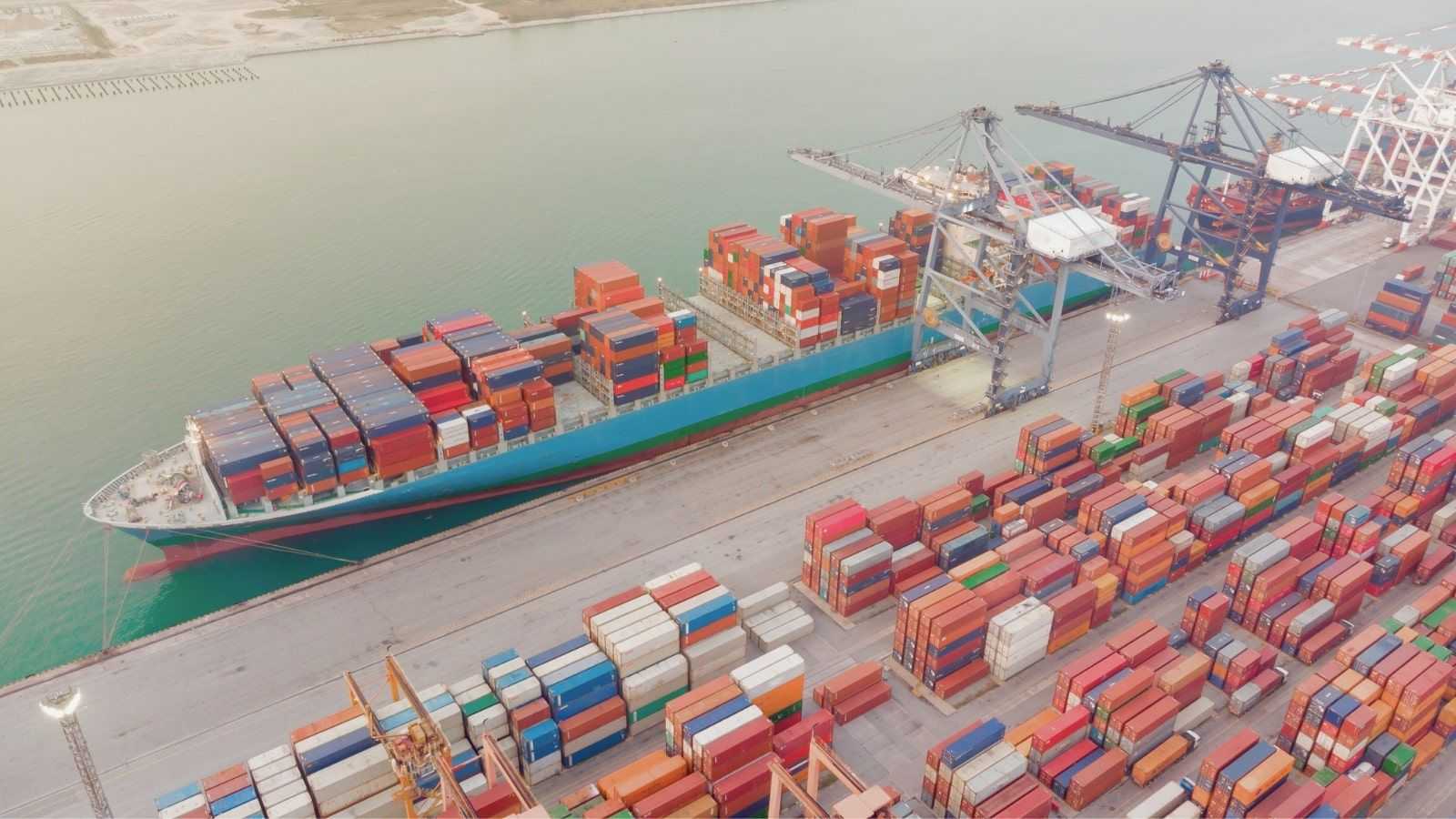Home>Economic Nationalism and Illiberal Class Alliances: The Case of the East and South of the European Union

16.04.2025
Economic Nationalism and Illiberal Class Alliances: The Case of the East and South of the European Union
About this event
16 April 2025 from 10:00 until 12:00
Salle H405
28 rue des Saints-Pères, 75007, ParisFace-to-face event
This event is organized by the Research Group on International Political Economy
Speaker: Ivan Kalmar (University of Toronto)
Discussant: Elena Cossu (CEE-Sciences Po)
The presentation builds on the observation that a condition of intermediacy is a common characteristic of groups who are disproportionately supportive of illiberalism. Intermediacy manifests itself vertically, along the social class dimension: it affects disproportionately those who are precariously situated neither at the top nor at the bottom of society. But intermediacy within a system of power also expresses itself in horizontal, spatial terms as the condition of semi-peripherality. Those who find themselves in this condition are removed from the core of capital accumulation, in this case geographically, although in the global context they are still part of that core. They enjoy some privilege, although it is precarious and partial. Much of Eastern and much of Southern Europe occupy this position in the world system of capitalism. With respect to the main areas of capital accumulation in North America and Northwestern Europe, they are peripheral. In relation to the poor countries of the Global South, however, they are part of the privileged core. They are the South of the North and the East of the West. How does precarious partial privilege (in its dual aspect as semi-peripheral intermediacy and as social class intermediacy) express itself in class politics? The presentation examines the literature on racial capitalism in search of an answer to this question. It proposes that Eastern and Southern Europeans have long been peripheralized as “white but not quite.” Some strive to rectify the situation by striving to be “fully white,” just like some members of the intermediate classes aim to identify with the more privileged. Alliances form between the intermediate classes and/or semi-peripheries and the nationally oriented bourgeoisie, who coalesce around protectionist politics and nationalist, nativist rhetoric. The current ascendancy of right-wing radicalism on the EU’s eastern and southern peripheries is part of a class alliance across Europe and many other parts of the world, between elements of high capital on one hand and elements of precariously privileged labor and small business, on the other. This class alliance develops in conditions of the move from neoliberal globalism to economic nationalism.
Chairs: Hugo Meijer and Eugenio Sánchez (CERI-Sciences Po)
